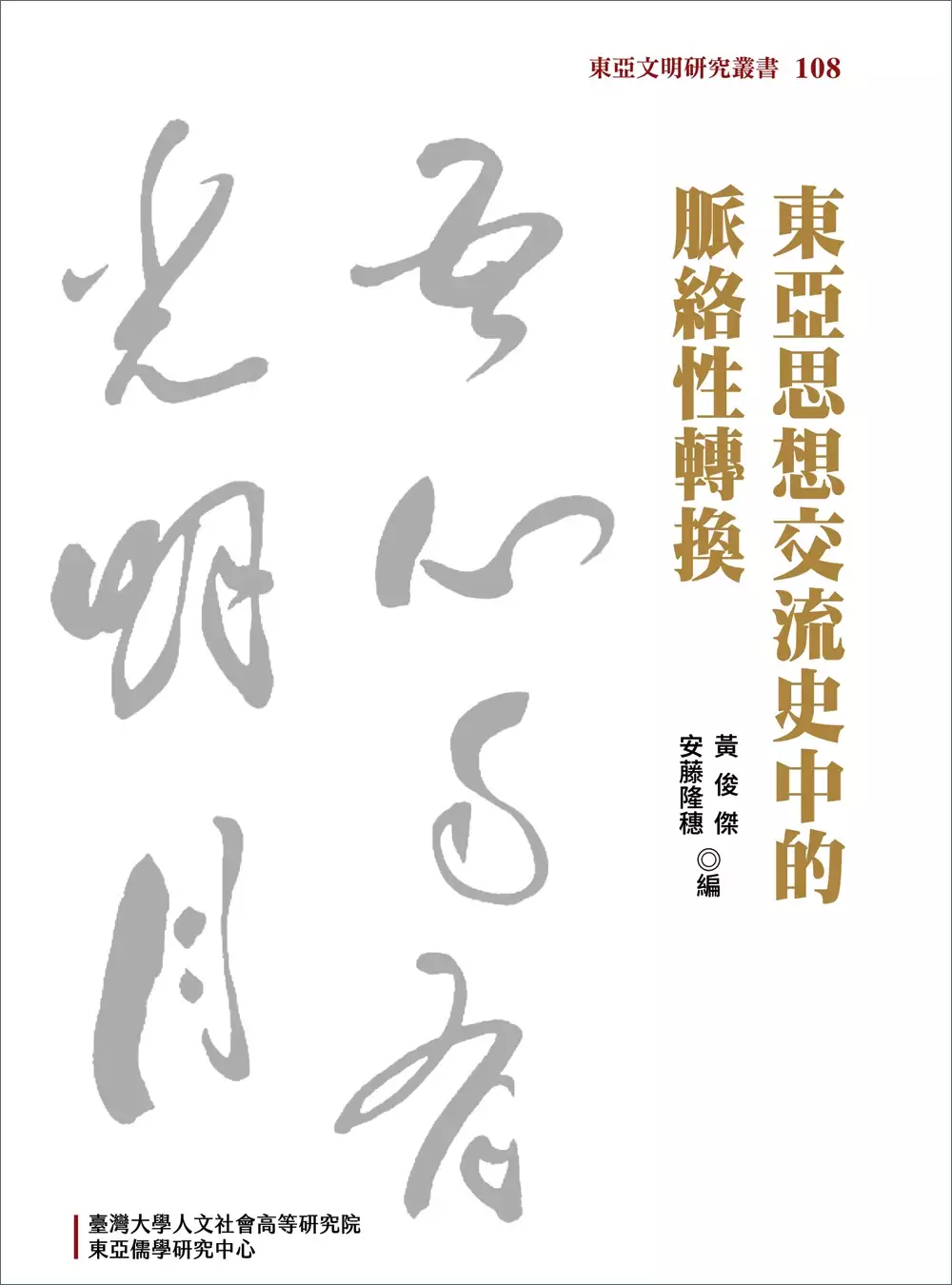大學排名 2022的問題,我們搜遍了碩博士論文和台灣出版的書籍,推薦寫的 東亞思想交流史中的脈絡性轉換 和中央通訊社的 2022世界年鑑都 可以從中找到所需的評價。
這兩本書分別來自國立臺灣大學出版中心 和中央通訊社所出版 。
淡江大學 國際事務與戰略研究所博士班 施正權所指導 曾明斌的 臺灣海事軟實力之建構與運用---以海巡署為例的分析 (2021),提出大學排名 2022關鍵因素是什麼,來自於軟實力、海洋治理、海洋政策、海巡外交。
而第二篇論文國立臺北科技大學 技術及職業教育研究所 張嘉育所指導 林肇基的 追逐世界大學排名是否有助高等教育永續發展:臺灣觀點 (2021),提出因為有 higher education、world university ranking、global competition、sustainable development、governance的重點而找出了 大學排名 2022的解答。
東亞思想交流史中的脈絡性轉換

為了解決大學排名 2022 的問題,作者 這樣論述:
本書所收15篇論文,是兩位編者所合作的三次國際研討會所發表論文的選輯,全書環繞在思想交流史中常見的「脈絡性轉換」現象加以分析。本書第一部6篇論文,都在東亞思想交流史視野中,探討儒學重要概念所經歷的「脈絡性轉換」;第二部9篇論文,從近代日本與西歐思想交流的視野,分析近代日本思想的「脈絡性轉換」之過程及其結果。本書揭開色彩繽紛的東亞思想交流史中,多元文化碰撞、協商與轉化的深度、高度與厚度。
大學排名 2022進入發燒排行的影片
看一看你心目中的大學有沒有在排名100名內,注意: 若是排名的名次一樣,表示評比的分數是一樣的。亞洲的學校似乎比去年的排名又有進步。
臺灣海事軟實力之建構與運用---以海巡署為例的分析
為了解決大學排名 2022 的問題,作者曾明斌 這樣論述:
總統蔡英文女士於2019年3月21日至26日率領內閣成員至南太平洋邦交國進行國是訪問,並將此行取名為「海洋民主之旅」,以海洋與民主為主軸,拜訪大洋洲的友邦帛琉、諾魯及馬紹爾等國,以實際行動穩固邦交,並與前揭國家簽訂《海巡合作協定》(Coast Guard Agreement)。海巡署近年展現的海上執法與救難成果似乎正幫國家開啟另一扇大門,吸引其他國家的交流與合作,海巡外交(Coast Guard Diplomacy)也成為臺灣新的對外交流模式。海巡署對外所展現的吸引力,似乎與約瑟夫.奈伊(Joseph S. Nye Jr.)在80年代提出的軟實力(Soft Power)概念相契合,強調國家除
了能運用軍事與經濟等硬實力外,仍有其他能力足以影響其他國家決策,不論是議程的設定或國際建制的建立,藉由彼此均認同的價值與系統,達到權力運用的效果與影響力。在奈伊的研究中,認為軟實力主要源於文化、政治價值與外交政策,惟本研究認為除了前揭三種來源以外,隨著非傳統安全與全球治理的議題逐漸被國際社會重視,國家在海洋事務各種層面的卓越表現,將成為新的軟實力來源,本研究將其稱之為「海事軟實力」。本研究將以奈伊所建立的「軟實力」理論為基礎,輔以海洋意識與行動等要素,結合權力分析的概念,進行理論推導與修正,建立「海事軟實力」概念架構,並分析「海事軟實力」可能的權力資源與行動,建立相關的評估指標與方法,並以海巡
署為例進行實際操作。
2022世界年鑑

為了解決大學排名 2022 的問題,作者中央通訊社 這樣論述:
2022年世界年鑑 立足台灣 放眼全球 一年一度 限量發行 系統性整理2021年國內外重要大事、全球抗疫關鍵實錄, 豐富完整 查閱簡易 深獲讀者肯定! ‧內容豐富,實用方便:系統性彙集世界之最、「影像2021」精采年度照片專輯、2021年國內、國際與中國大陸十大新聞整理、國內外大事紀、全球近200個國家重大政經變遷等。 ‧專文分析2021年全球大事:美國終結20年戰爭、塔利班重掌阿富汗;中美兩強持續對峙;香港政局與社會的變局;梅克爾時代告終、德國三黨共組新政府;疫情與地緣政治下半導體競賽等,深入淺出,助讀者快速掌握脈絡與趨勢。
追逐世界大學排名是否有助高等教育永續發展:臺灣觀點
為了解決大學排名 2022 的問題,作者林肇基 這樣論述:
The driving forces of neoliberalism, globalization, and the knowledge economy have escalated global competition in higher education. Growing higher education institutions and governments make significant efforts to compete for the global talents to support the future development of innovation and t
he economy. And the corresponding needs for information grow along.The emergence of the world university rankings (WURs) is the trigger for elevating this global competition. WURs offer the world an easy and accessible way to review the predefined competitiveness of the HEIs worldwide by using prede
termined indicators, simplified numerical scores, and league tables to measure and disclose their relative standing on a global scale, an illustration of the world HEIs landscape. It significantly influences the strategic directions and resource allocation of policymakers, institutional leaders, and
stakeholders.Investigating the subject of higher-ranking pursuits requires extensive knowledge in WUR and rich experience in institutional operation, international affairs, academic affairs, research and development, and higher education policies. This study uses in-depth interviews with purposive
sampling to gather insights from higher education institutions, academia, and government.This study identifies the institutional and systemic-positive and -negative influences of higher-ranking pursuits and provides specific higher-ranking pursuit implications to institutional leaders and policymake
rs in Taiwan. WURs could offer valid information for weak point detection, recalibrating the resource allocation, and governance. WURs could be manipulative due to their media-run commercial-based nature. A concrete understanding of ranking indicators and a specific aim of developmental pursuit are
central. Interpreting ranking results must be inclusive across different WURs and adopt the needed information only. Higher-ranking pursuit is a competition and could be a healthy competition. Appropriate governance is the key to reversing the global competitive pressures of higher-ranking pursuit i
nto the driving force for sustainable higher education development.